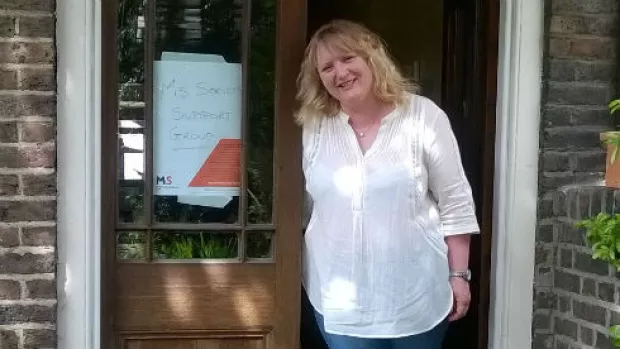COMPASS-MS: a therapist-supported digital treatment for distress in MS

- Lead researcher:
- Dr Joanna Hudson
- Based at:
- King’s College London
- MS Society funding:
- £162,216
- Status:
- Active
Many people with MS experience psychological distress, like depression and anxiety. And experiencing distress can negatively impact other aspects of MS. Yet despite policy recommendations that people with MS experiencing distress should be offered treatment, accessing support is often challenging.
About the project
Research consistently shows psychological treatments, like cognitive behavioural therapy (CBT) can effectively treat distress in MS. But there aren’t enough trained therapists to meet the demand.
This project aims to develop a digital programme to treat distress in MS. The programme will be therapist-supported. But, crucially, it’ll be designed to be offered as part of your routine NHS care.
Last year, the researchers developed and piloted a similar programme called COMPASS which explores how long-term health conditions impact mood. Results showed COMPASS improved symptoms of distress across long-term health conditions. Thirty-four people with MS took part. And those people experienced an improvement in their anxiety.
Read more about COMPASS on our blog
The team now plans to adapt this programme specifically for MS. They’ll find out how people with MS feel about being screened for symptoms of distress and referred to COMPASS-MS. And they’ll also ask healthcare professionals whether it works for them.
Then they’ll test whether COMPASS-MS effectively reduces distress when delivered as part of routine MS care. If the study is successful, the researchers hope to run a larger definitive phase 3 trial.
How the project will help people with MS
The study will provide recommendations for how an evidence-based psychological treatment for distress in MS can be provided within the NHS as standard. This'll mean more people with MS can access this support.
People with MS who take part in the study will also directly benefit from access to evidence-based treatments for their distress. Distress which may have previously gone undiagnosed.




